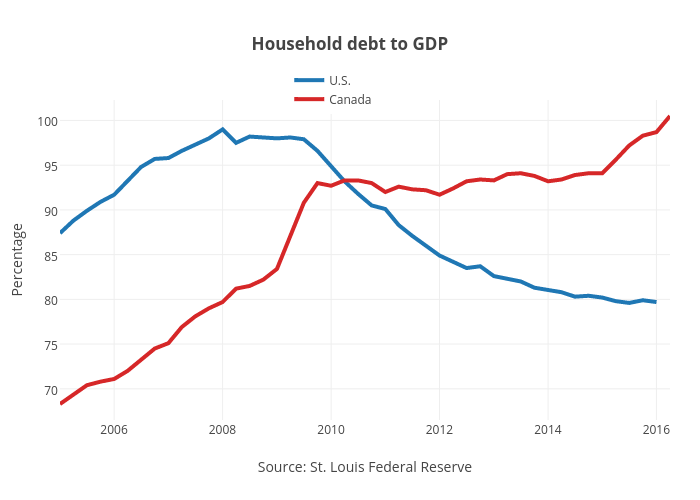Getting involved with the troglodytes that hang around the comments boards has always been a fool's game. During the Greek debt crisis a few years ago, it was received wisdom that the chief problem was that those feckless Hellenes just didn't pay their taxes. Fix that, and all would be well. A quick check of the OECD website produced a table showing that in truth, the taxation-to-GDP ratio in Greece was much higher than in most other countries. Pointing this out earned me a quick invitation to, well, go away, along with the OECD and the horse we rode in on.
There are plenty of more recent examples I could quote, but the key thing I'm noticing now is that commenters have become even more irascible and contemptuous of facts*. I suppose if Donald Trump keeps getting away with it, a lot of other people feel they can too. So in 2018 I'll be confining myself to expressing my opinions here, and staying well away from the Great Wen that the comments boards have become.
* UPDATE, December 31: When I wrote the original post I was looking for a particular quote to include. Couldn't find it because I thought it was HL Mencken but in fact it's Hannah Arendt:
“The ideal subject of totalitarian rule is not the convinced Nazi or the convinced Communist, but people for whom the distinction between fact and fiction (i.e., the reality of experience) and the distinction between true and false (i.e., the standards of thought) no longer exist.”
Thanks for stopping by in 2017, and happy new year!
